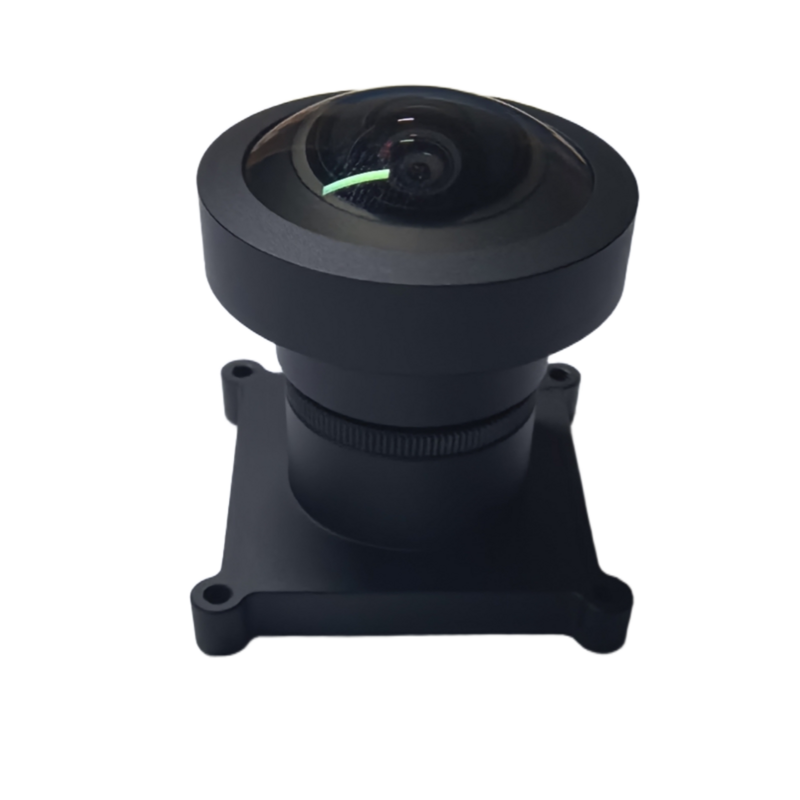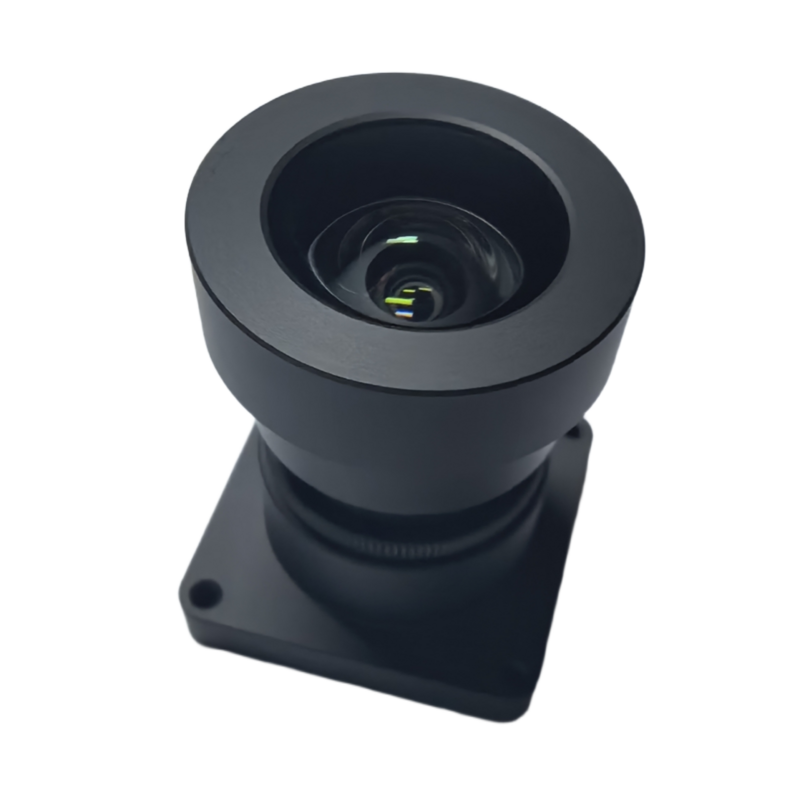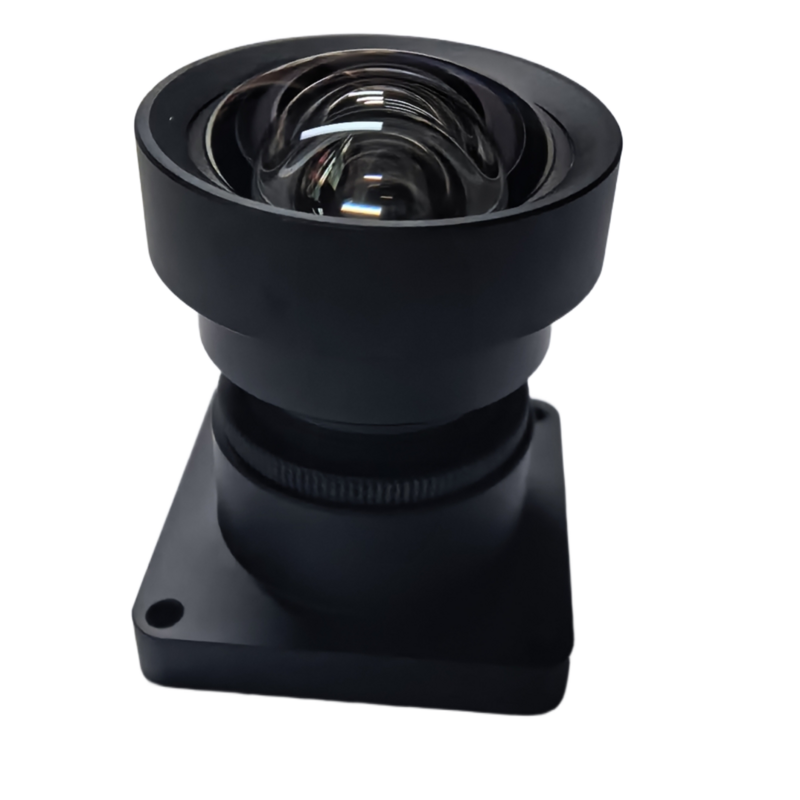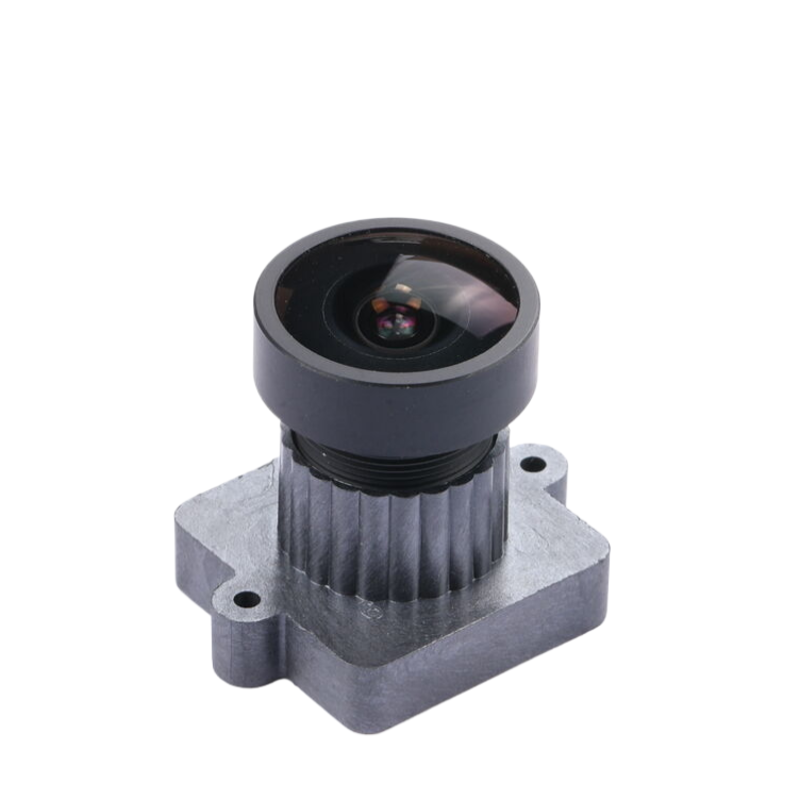Company News
Key Considerations for Selecting Industrial Lenses
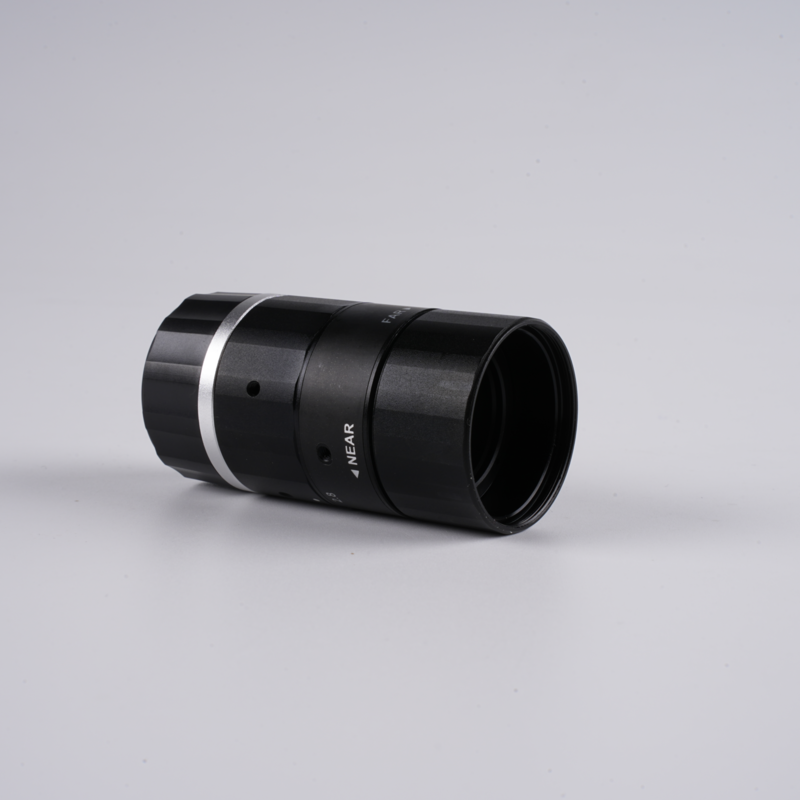
When it comes to industrial vision systems, choosing the right lens is crucial for achieving excellent results. The lens is the primary component responsible for capturing images and providing the necessary clarity and accuracy for inspection, measurement, or other vision-based applications. In this article, we will explore the key factors to consider when selecting industrial lenses to ensure optimal performance and reliability.
1. Optical Design and Performance
The optical design of a lens plays a critical role in capturing high-quality images. It is important to consider factors such as distortion, chromatic aberration, and resolution. Distortion can affect the accuracy of measurements, while chromatic aberration may cause color fringing. A lens with high resolution ensures that fine details are captured with precision. An understanding of these optical parameters and their impact on your application is essential for choosing the right lens.
2. Focal Length and Field of View
The focal length determines the magnification and working distance of a lens. It is important to select a focal length that suits your application requirements. A shorter focal length provides a wider field of view, while a longer focal length offers greater magnification. Consider the size of the objects you need to capture and the working distance available in your setup to determine the most suitable focal length.
3. Aperture and Depth of Field
The aperture of a lens controls the amount of light entering the system, affecting the depth of field. A larger aperture allows more light, resulting in a shallower depth of field. For applications that require a greater depth of field to keep the entire image in focus, a smaller aperture is preferable. Understanding your specific depth of field requirements is crucial in selecting a lens that offers the desired image sharpness and clarity.
4. Working Environment
The working environment can significantly impact lens performance and longevity. Factors such as temperature, humidity, dust, and vibration should be considered when selecting lenses for industrial applications. Some lenses are specifically designed to withstand harsh environments, ensuring reliable operation over extended periods. It is important to choose lenses that are suitable for the specific conditions in your industrial setting to avoid potential issues and maintain consistent performance.
5. Compatibility and Integration
Consider the compatibility and integration aspects when selecting lenses for your vision system. Ensure that the lens mount is compatible with your camera and that the lens can be easily integrated into your existing setup. It is also important to check for compatibility with software and other components of your system to ensure seamless operation and data flow.
In conclusion, choosing the right lens for your industrial vision system requires careful consideration of various factors. Attention to the optical design, focal length, aperture, working environment, and compatibility will ensure optimal performance and reliability. By taking into account these key factors, you can achieve excellence in your industrial vision applications.
 English
English  German
German Japanese
Japanese Korean
Korean Vietnamese
Vietnamese French
French Spanish
Spanish भारत
भारत
